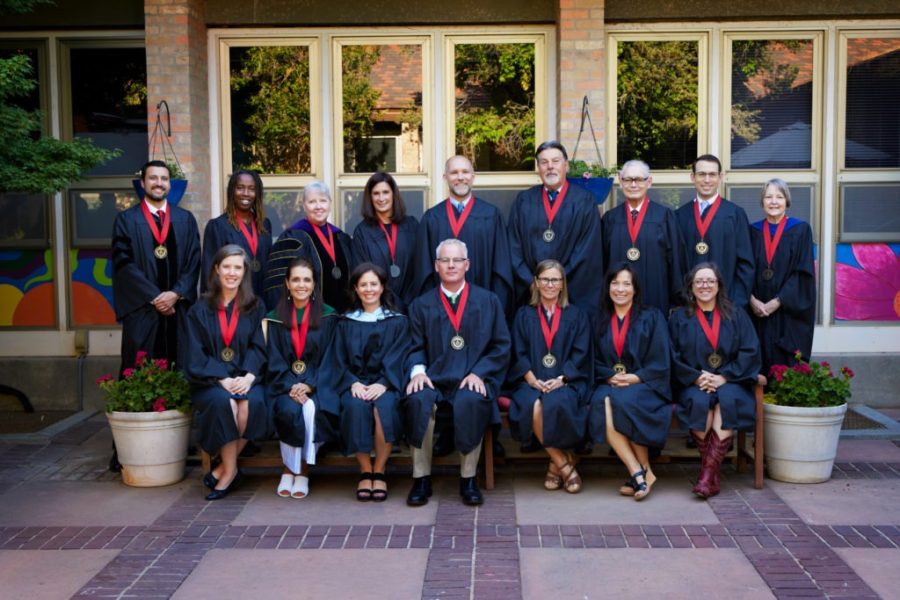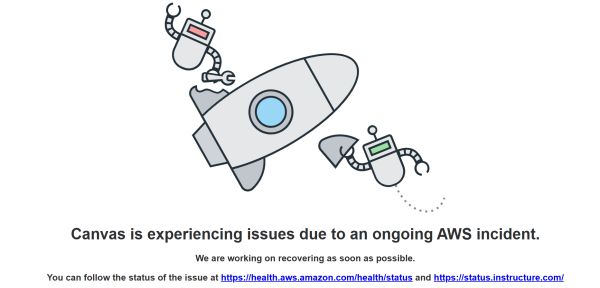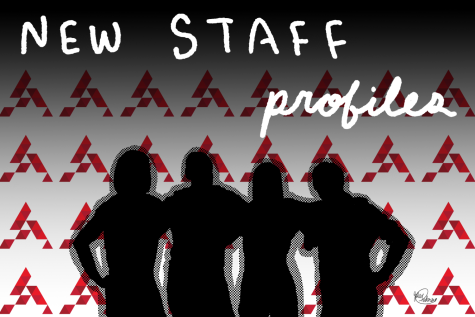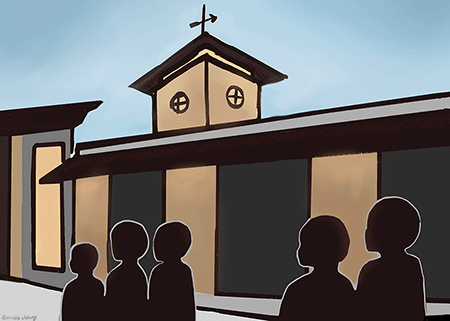What is the Board of Trustees?
Albuquerque Academy’s Board of Trustees is an organization that not many of us are familiar with. It seems weird at first, that the Academy has an entire board, as the school website puts it, “oversee[ing] the [school’s] administration…and… resources. [with a] passion for Academy’s mission.” But this is the board in the vaguest sense. Having a Board of Trustees is actually a requirement for Albuquerque Academy by New Mexico state law since it’s a nonprofit organization. And while it may not be very evident, the Board of Trustees has a hand in shaping many important facets of our school and is an integral part of the Academy community.
To better understand the role of the Board, I talked with the Chair, Diane Harrison Ogawa. She is a past parent, her two children graduating from the Academy in 2010 and 2014, respectively. Ogawa worked as a corporate lawyer for “16 or 17 years” and also “ran a charitable foundation.” She believes being on the board is “a way to pay back in small measure, the gratitude [she has] for the [people at the Academy].” As chair of the board, one of Ogawa’s main responsibilities is “speak[ing] on behalf of the board.”
Ogawa explains that the board of trustees has three crucial responsibilities. First is “ensur[ing] the financial sustainability of the school.” As she describes it, the board’s oversight of the school’s resources manifests as, “passing and approving budget[s]…fundraising…and …stewarding our resources.” Oftentimes, the allocation of resources goes hand in hand with the second facet of the Board of Trustees’ responsibilities: “establishing polic[ies].” The most obvious and recent example of both these responsibilities in action is the reconstruction of the path. The old path being a safety hazard prompted the creation of a policy to rebuild it, and the logistics and budget planning, which ensure the financial sustainability of our school allow the path to be redone. It is important to note that the board does not get involved with the procedural aspect of these responsibilities, as it is more concerned with the “why” rather than the “how.” The third and final responsibility is “hir[ing] and evaluat[ing] the Head of School.”
Our school’s board is made up of 23 individuals—all volunteers —many of whom are alumni, parents, and even past parents. These are members with varying experiences and areas of expertise, in an attempt to “hear as many voices as [possible],” as Ogawa puts it. Each board member “sits on two or three committees,” which “meet every other month.” The board gets its work done through these committees, each of which is dedicated to specific areas of priority at the Academy, including “endowment management” and “school life.”
The process of becoming a board member is quite complex. Individuals are usually recommended to the Board by the people around them if they’re interested in becoming a member. From there, they are evaluated on a plethora of criteria, including what perspective they can bring to the board. Then they are appointed to the board if voted on by both the governance committee and the board as a whole. There is no limit to the amount of years the trustees serve on the board, and they are united by an interest in furthering the Academy’s academic legacy.
This interest in shaping the Academy’s future includes the strategic plan (remember that 10-minute survey you were emailed?) which uses the perspectives of many individuals influenced by our school to think about how the Academy’s resources will be used for the future of the school. One of the board’s main goals as of right now is making our school “financially sustainable” and increasing the resources of the school to “provide…more opportunities” and “supporting [the] administrative team.”
While our lives as students don’t overlap much with the Board of Trustees, because as Ogawa puts it, “the board recognizes that [their] job is not the day-to-day operation of the school,” the policies and decisions they make surround us. When asked what the board would like to say to Academy students, Ogawa stated that “we are enormously proud and excited by what [the] students accomplish on a daily basis” and that the board “as stewards” ultimately want to make “[the Academy] not just as extraordinary as it is today, but accessible and amazing for generations to come.”

Anagha joined the Advocate in 9th grade, and has been an engaged member since, writing articles spanning news, opinion, and of course, school and local....









